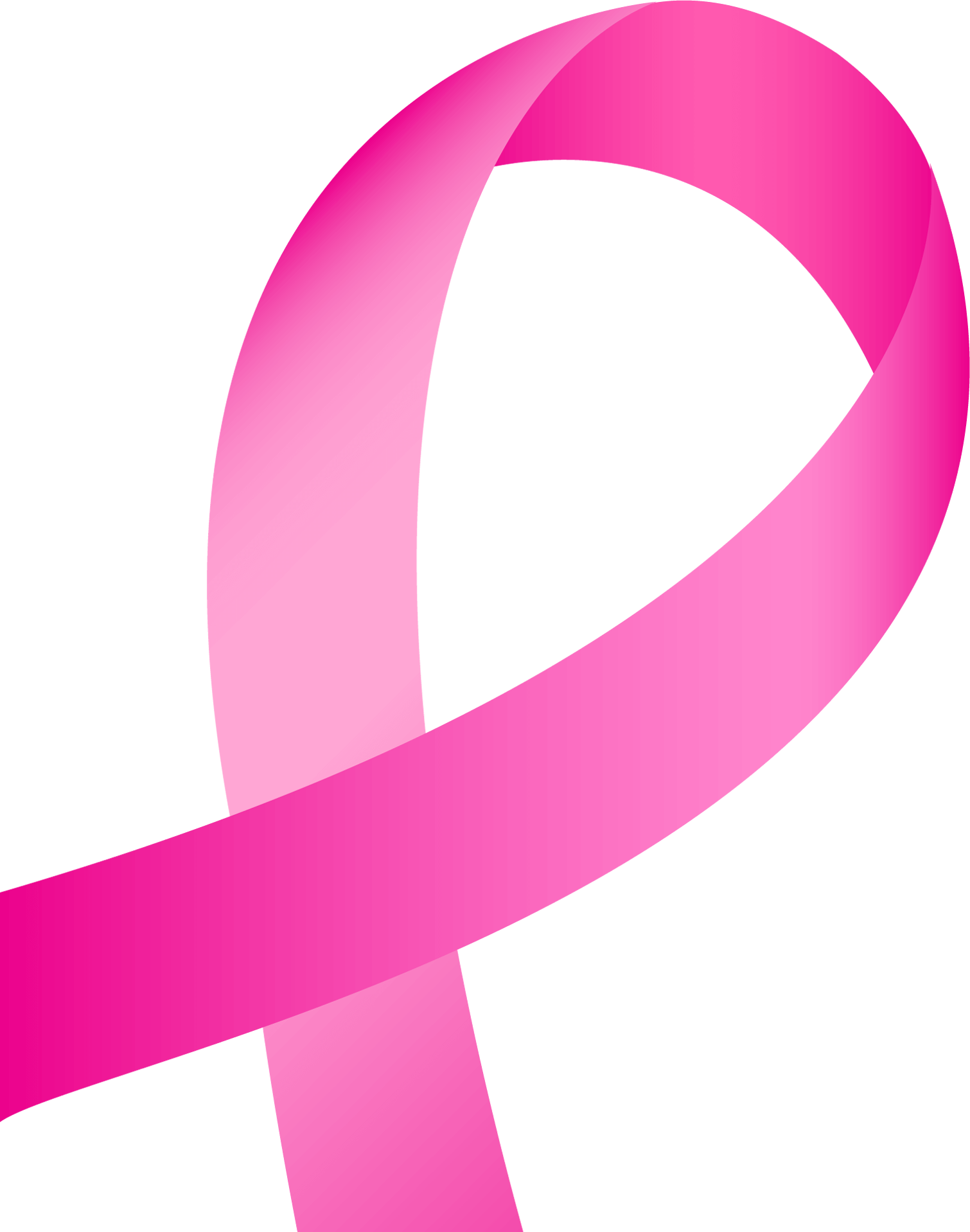Breast cancer prevention
Breast cancer is not yet primarily preventable, as we do not know the causative factor for its development. However, breast cancer prevention can be done secondarily, i.e. by early diagnosis, if possible before it is even palpable or gives symptoms.
Treatment of breast cancer when detected early has a much higher chance of cure and a better outcome.
Is there anything we can do to prevent breast cancer from occurring?
There is no sure way to prevent breast cancer from developing. However, there are things that every woman can do to reduce the risk of developing breast cancer or to detect it at an early stage, at which point there may be a complete cure.
- Lifestyle modification (e.g. healthy diet, exercise and avoiding obesity, having children at a young age, avoiding exposure to unnecessary radiation, avoiding the use of hormones, etc.) reduces the risk of developing breast cancer.
- Following the rules of preventive screening with regular clinical breast examination by a specialist and annual mammography can lead to the early diagnosis of low-grade, small cancers or even precancerous lesions that can only be seen on mammography. These cases are treated with excellent success.
Secondary prevention includes:
- self-examination of the breast by the woman herself
- The clinical breast examination the doctor
- Mammography and other imaging tests
Breast Cancer
Prevention

Self-examination
in the sense of getting to know our body. It is a complementary examination and should under no circumstances be a substitute for a medical check-up.
Clinical breast examination
It is performed by a qualified doctor every 3 years from the age of 20 and every year from the age of 40.
Breast ultrasound
and other imaging tests, according to your doctor's instructions.
Mammogram
First reference mammogram at age 35 and then every year from age 40 and above
Important prevention steps
for breast cancer
1. Learn about your personal risk
- Talk to your family to find out about your family medical history
- Regardless your age, contact a breast surgeon to assess your risk group, resolve any questions, get advice and plan your individual screening.
- The doctor responsible for breast health is the breast surgeon, i.e. a general surgeon or gynaecologist specialising in breast health.
2. Put screening in your life
- Ask your doctor which diagnostic tests are most appropriate for you if you are in a high-risk group.
- Ask if you need a mammogram or other diagnostic test before age 40
- Starting at age 20, have a clinical breast exam every 3 years and every year after age 40
- Have your first “reference” mammogram at age 35-40
- Have a mammogram every year starting at age 40
3. Learn about your body
- See your doctor right away if you notice any of these changes in your breasts:
- Swelling or stiffness Swelling or redness
- Change in breast size & shape
- Nipple irritation
- Nipple indentation (nipple turning inward)
- Nipple discharge (fluid) that starts suddenly
- New pain at a persistent point
4. Make Healthy Choices
- Maintain a healthy body weight
- Put exercise into your daily routine
- Limit your alcohol consumption
If diagnosed timely
could be successfully treated!
breast cancer
Don't forget your screening!